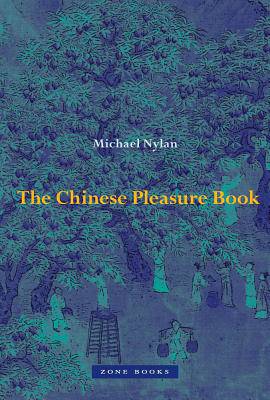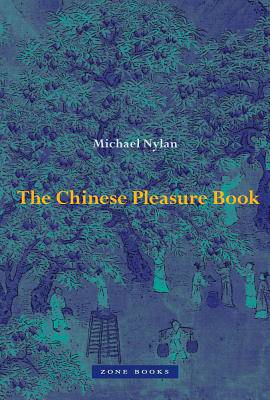
- Afhalen na 1 uur in een winkel met voorraad
- Gratis thuislevering in België vanaf € 30
- Ruim aanbod met 7 miljoen producten
- Afhalen na 1 uur in een winkel met voorraad
- Gratis thuislevering in België vanaf € 30
- Ruim aanbod met 7 miljoen producten
Zoeken
Omschrijving
This book takes up one of the most important themes in Chinese thought: the relation of pleasurable activities to bodily health and to the health of the body politic. Unlike Western theories of pleasure, early Chinese writings contrast pleasure not with pain but with insecurity, assuming that it is right and proper to seek and take pleasure, as well as experience short-term delight. Equally important is the belief that certain long-term relational pleasures are more easily sustained, as well as potentially more satisfying and less damaging. The pleasures that become deeper and more ingrained as the person invests time and effort to their cultivation include friendship and music, sharing with others, developing integrity and greater clarity, reading and classical learning, and going home. Each of these activities is explored through the early sources (mainly fourth century BC to the eleventh century AD), with new translations of both well-known and seldom-cited texts.
Specificaties
Betrokkenen
- Auteur(s):
- Uitgeverij:
Inhoud
- Aantal bladzijden:
- 472
- Taal:
- Engels
- Reeks:
Eigenschappen
- Productcode (EAN):
- 9781942130130
- Verschijningsdatum:
- 11/10/2018
- Uitvoering:
- Hardcover
- Formaat:
- Genaaid
- Afmetingen:
- 152 mm x 231 mm
- Gewicht:
- 725 g

Alleen bij Standaard Boekhandel
+ 110 punten op je klantenkaart van Standaard Boekhandel
Beoordelingen
We publiceren alleen reviews die voldoen aan de voorwaarden voor reviews. Bekijk onze voorwaarden voor reviews.







